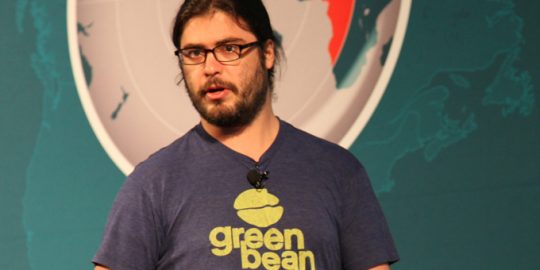
Employee Sends Medicaid Info of 228K To His Yahoo! Account
A South Carolina man was arrested yesterday on charges stemming from a data breach that may have leaked personal information on more than 200,000 Medicaid beneficiaries in the state, including their names, phone numbers, addresses, birth dates and Medicare ID numbers according to a report in the newspaper The State.









